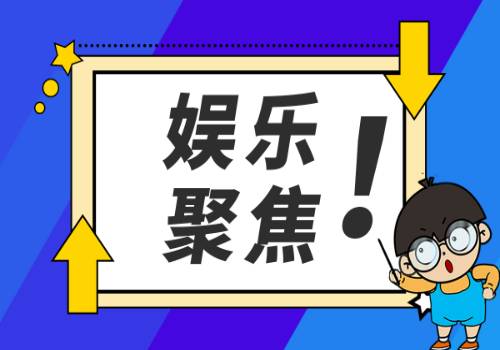 【资料图】
【资料图】
BEIJING, February 10 (TMTPOST)— Contemporary Amperex Technology Co. Ltd. (CATL), the largest power battery manufacturer in the world, is about to finalize site of a new battery plant in US despite the Biden administration’s push to curb on CATL’s homeland.
Source: Visual China
CATL and Ford Motor Company could announce as soon as the coming week about their plan to build a multibillion-dollar plant in Michigan, Bloomberg cited people familiar with the matter on Friday. The new plant is expected to create about 2,500 jobs and its site is near Marshall, a town about 100 miles west of Detroit, according to the sources.
CATL didn’t comment on the news yet. In its statement that day, Ford said it was exploring batteries with CATL’s technology for its vehicles and planned to localize production in North America, though not disclosing whether it had determined any location or other details about the project.
The news suggests CATL is making a major breakthrough in a months-long pursuit for establishing its first battery factory in the United States amid elevated uncertainty of US-China relations.
Ford announced in last July about nitiatives for sourcing battery capacity and raw materials to help reach its annual EV production target, including partnership with CATL. According to the U.S. auto giant, CATL would provide full LFP battery packs for the all-electric SUV Mustang Mach-E models for North America starting 2023 as well as the all-electric truck model F-150 Lightnings in early 2024. This is the first time for Ford to add LFP cell chemistry to its portfolio.
However, the effort for CATL’s expansion in U.S. soon faced more headwinds. A report in last August said CATL decided to hold off its announcement about building battery plants in North America including U.S., in light of the concern of triggering more tensions following the then-House Speaker Nancy Pelosi’s trip to Taiwan, which made her the highest-ranking U.S. politician to visit the region in 25 years.
Later 2022, the Biden administration published various measures including export controls to restrict investments by U.S. firms in Chinese tech sector. It was reported in December that Beijing has discouraged CATL from investing in U.S. due to tensions with China. Earlier this week, the New York Times reported the U.S. government is about to introduction new restrictions on American companies’ funding in China, which could prohibit outright investments in some sensitive areas such as quantum computing, advanced semiconductors and certain artificial intelligence capabilities with military or surveillance applications.